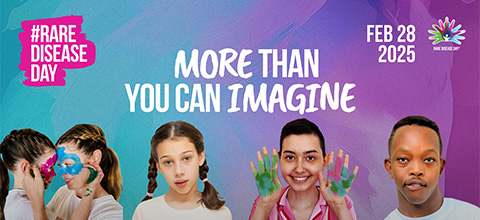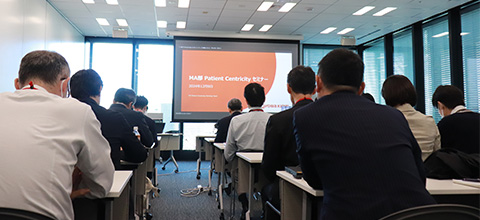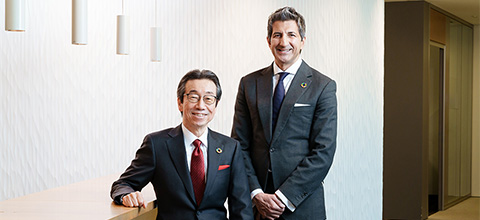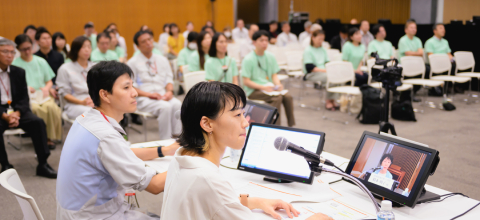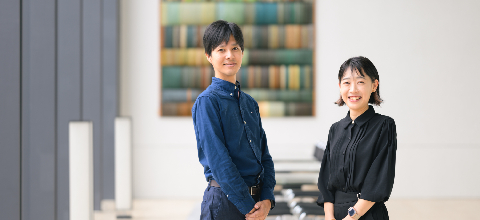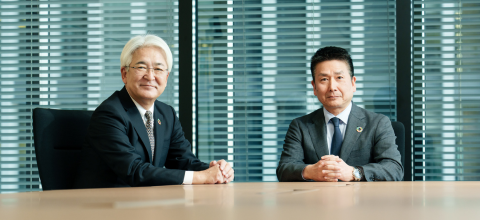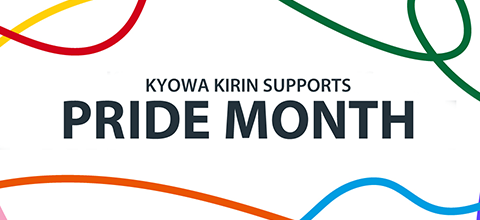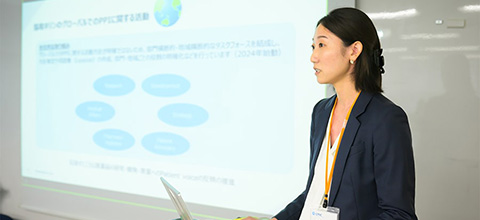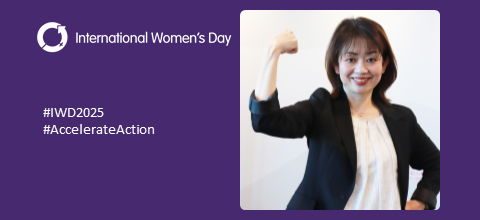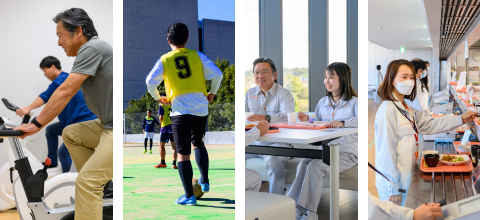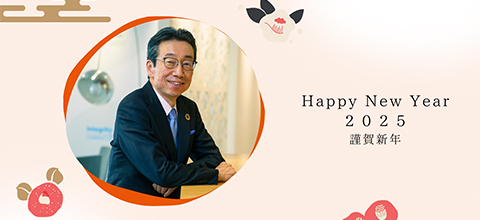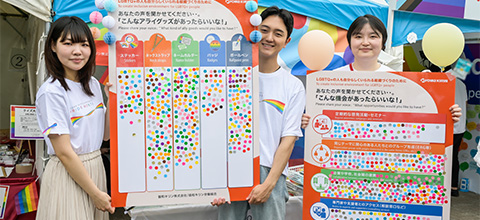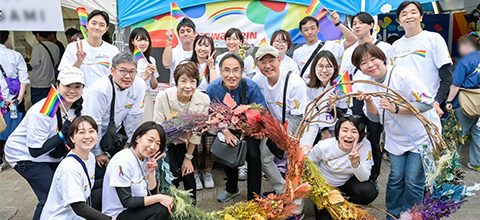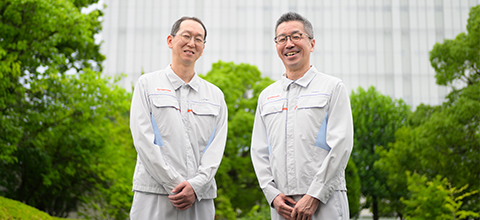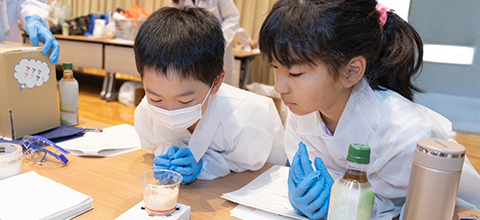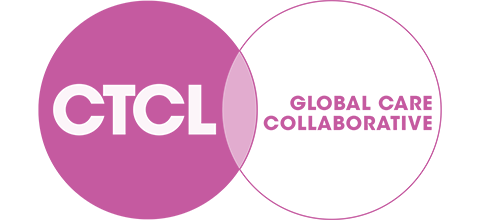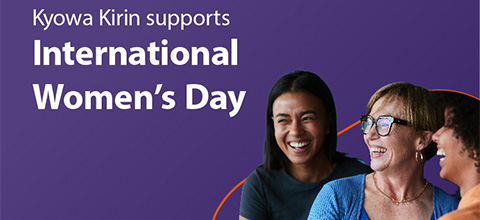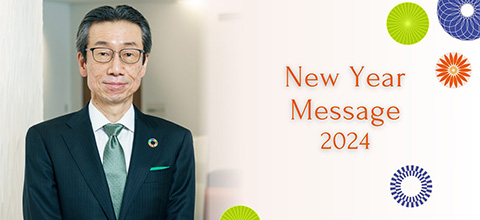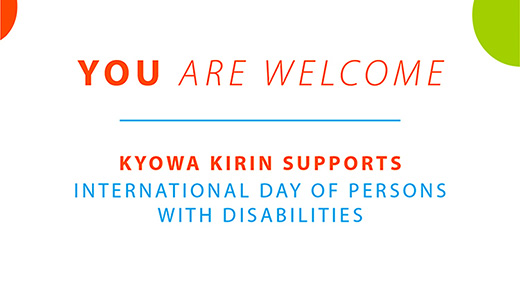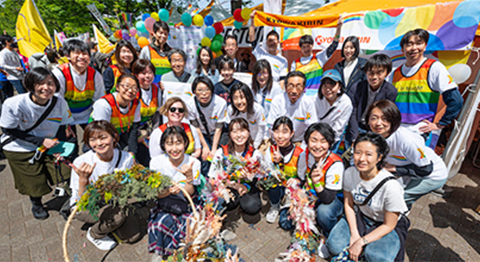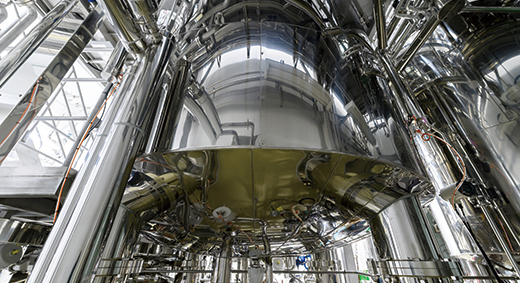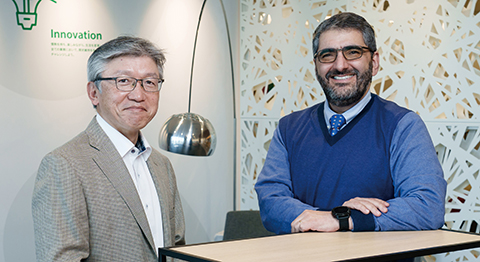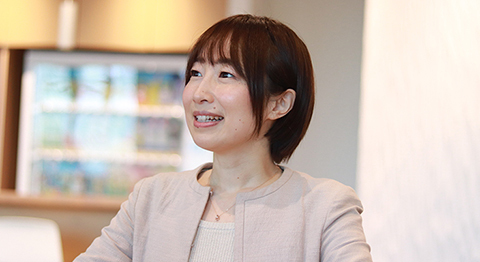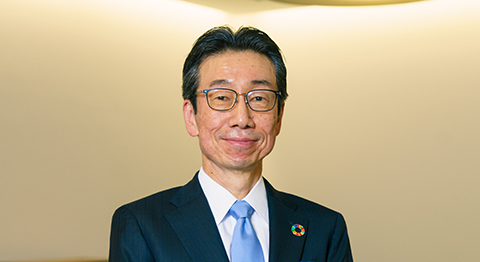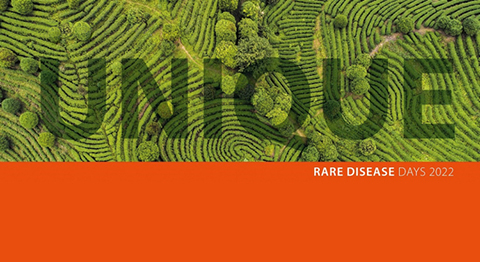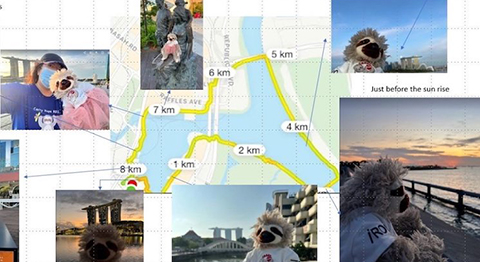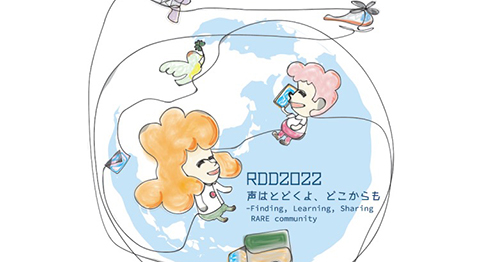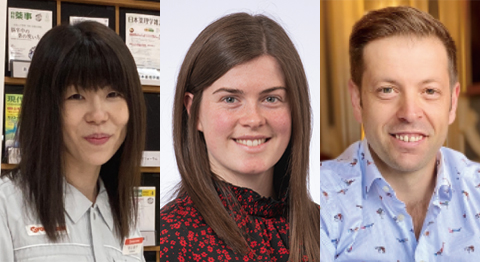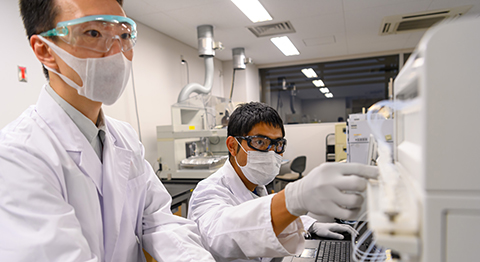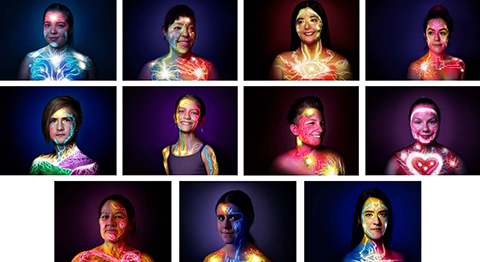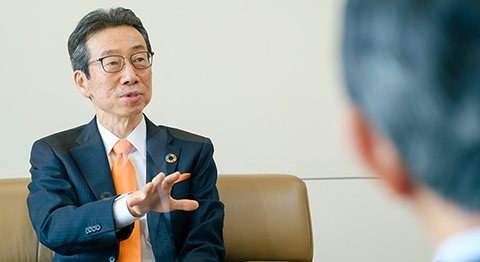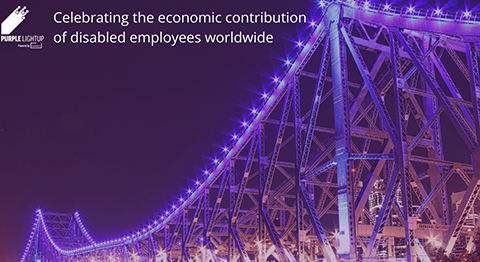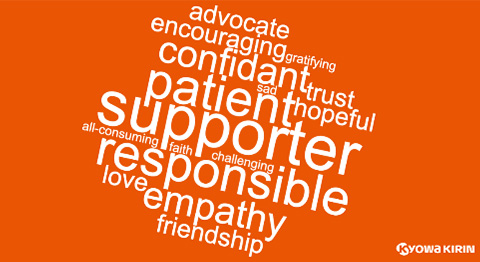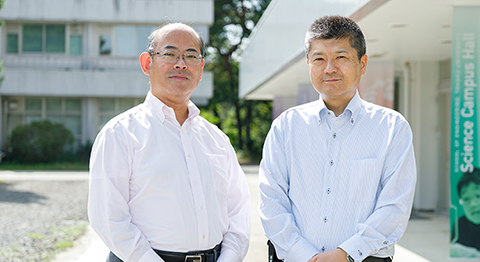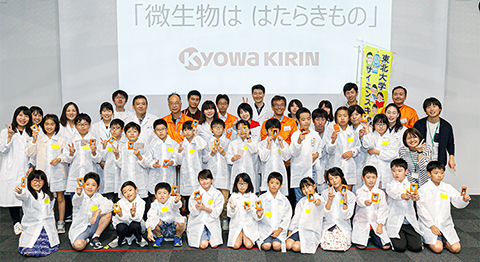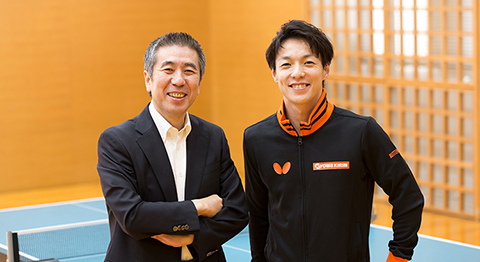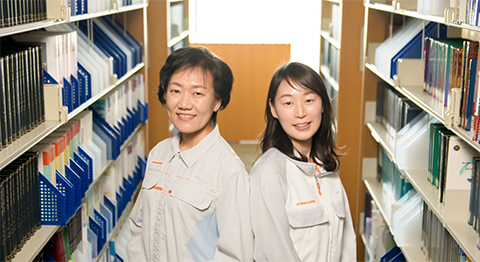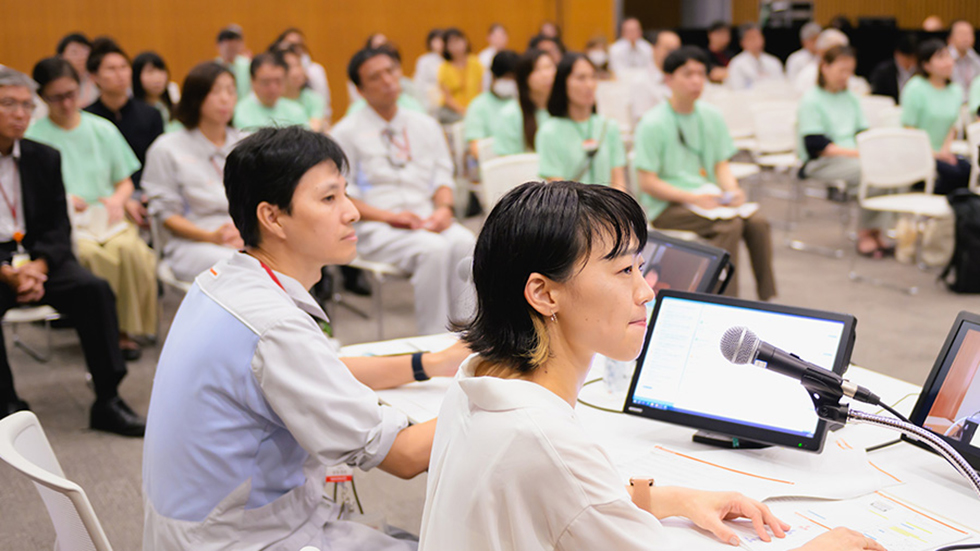
The pharmaceutical industry is increasingly emphasizing patient engagement. These activities focus on gaining a deep understanding of the life experiences and challenges faced by patients living with or caring for people with a disease, which is achieved through dialogue and discussion with PAGs, as well as meaningful co-creation. This approach highlights the importance of understanding the experiences, perspectives, and needs of patients and their families. By integrating these insights into corporate decision-making and activities, companies acknowledge and appreciate the significant role that patient involvement plays.
The Healthcare Café, organized by Kyowa Kirin, Takeda Pharmaceutical, and Daiichi Sankyo, is a platform focused on patient engagement. Since 2022, it aims to understand unmet needs through dialogue with patients and their families.
The theme of the seventh Healthcare Café, held from July to September 2024, focused on hematopoietic stem cell transplantation (HSCT). In Japan, more than 3,500 HSCTs are performed each year. However, do we truly understand what experiences patients go through during their treatment and what their lives are like afterward. Surely, there are patient needs that pharmaceutical companies may not fully understand. This report highlights key moments of the event that took place in September.
Learn, Talk, and Think About HSCT
Kyowa Kirin, with extensive research experience in hematology, hosted the seventh Healthcare Café. In July and August, several small roundtable discussions took place that focused on the themes of “learn” and “talk.” These sessions provided opportunities for employees from the three pharmaceutical companies to engage in meaningful conversations with patients and donors who have undergone HSCT.
Building on these discussions, September’s theme was “think.” This joint event, which comprised members from Kyowa Kirin, Takeda Pharmaceutical, and Daichi Sankyo, attracted approximately 1,000 participants both in person and online.
At the beginning of the event, Yoshifumi Torii, the Global Research Head at Kyowa Kirin, stated, “We believe there are needs and insights that pharmaceutical companies may be unaware of in the stories shared by patients and their families. By collaborating in this forum, we aim to create value beyond medicine and contribute to improving treatment.”
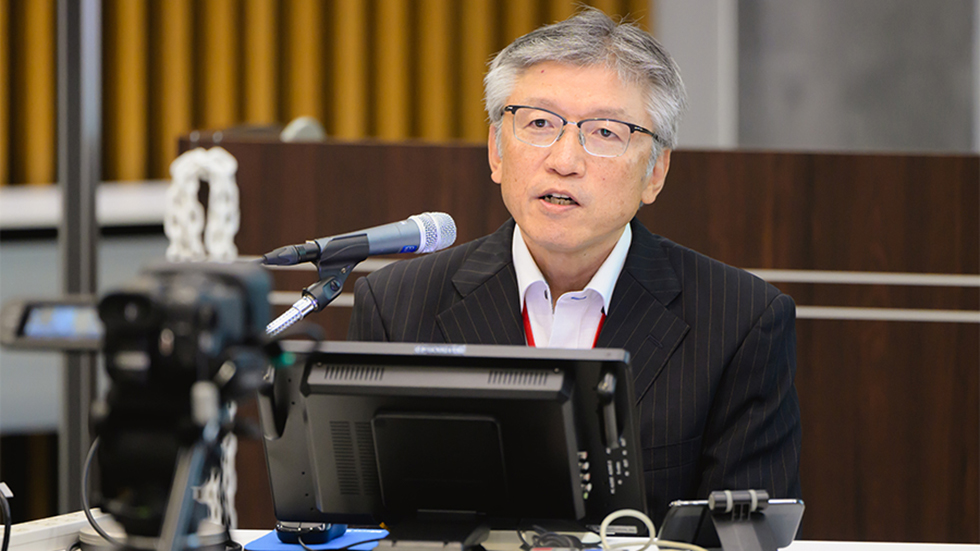
The objective of this event was to gain insight into the actual needs of patients and to develop medications that deliver significant value to not only the patients but their families and society as a whole. During the first half, patients, doctors, and hematopoietic cell transplant coordinators delivered thought-provoking speeches. In the second half, researchers from the three pharmaceutical companies and donors participated in a meaningful panel discussion.
First Half: Lectures by Doctors, Patient association, Patients, and Hematopoietic Cell Transplant Coordinators
Hematopoietic stem cell transplantation, or “HSCT,” treats malignant blood diseases, such as leukemia. Anticancer drugs are used to eliminate cancerous cells from the blood, helping to treat these conditions. However, this treatment also results in the loss of normal blood cells in the bone marrow, making transplants necessary.
From the Doctor’s Perspective: Overview of HSCT
The lecture portion began with a doctor providing an overview of HSCT where we learned that until the early 1990s, this procedure was primarily performed through bone marrow transplantation from blood-related donors. After a bone marrow bank was established in 1991 in Japan , the use of bone marrow from unrelated donors significantly increased. Since around the year 2000, there has been a rise in the use of peripheral blood stem cell transplantation (PBSCT) and umbilical cord blood transplantation (UCBT). Advancements in medicine have broadened the range of transplant options available.
Furthermore, depending on the specific illness, autologous transplantation may be performed, where the patient's own hematopoietic stem cells are collected before treatment and then transplanted back after treatment. In contrast, allogeneic transplantation involves the patient receiving hematopoietic cells from a donor. In the latter case, the main challenge is managing the complications that arise from immune responses.
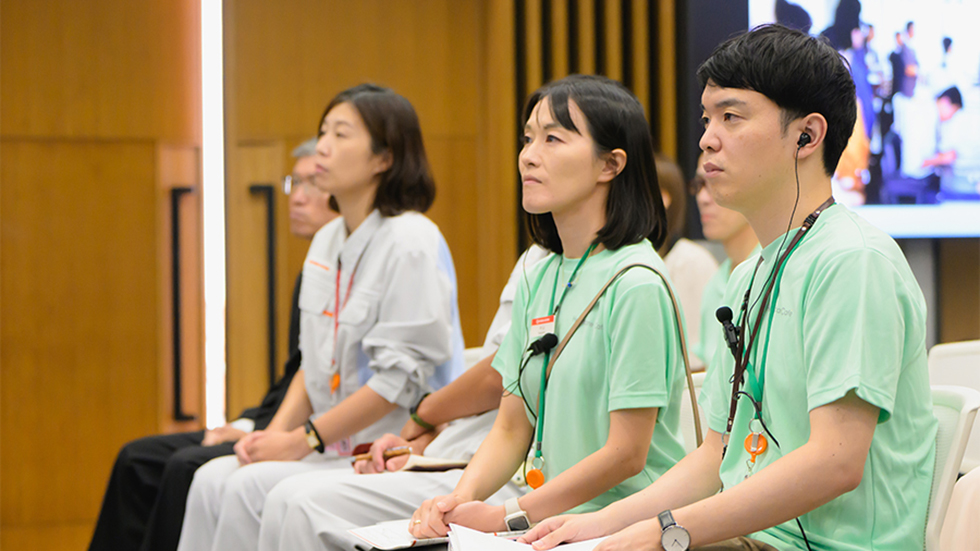
From the Patient Association’s Perspective: Providing Necessary Support as a Family Member
Akiko Hashimoto, the Chief Director of an Nonprofit Organization Blood Disorder Information & Support Service, "Tsubasa", shared her experience that her son was diagnosed with leukemia in 1986 and she set out to establish a bone marrow bank, taking action towards this goal in Japan. Despite facing opposition from the government and the public, she persevered through ongoing dialogue with related medical organizations and societies, and in 1991, a bone marrow bank was successfully established.
Hashimoto-san’s endeavors led her to realize she was not only a mother of a patient, but her daughter was a sibling of a patient. She understood that family members shared similar worries and pain. This realization prompted her to collaborate with a pharmaceutical company to create a booklet for patients and their families preparing for transplantation. In addition, she provided support to patients through telephone consultations, delivered lectures, and actively engaged in discussions with individuals from various backgrounds to better understand the real needs of patients. Through this process, she gradually developed the support that patients and their families sought.
From the Hematopoietic Cell Transplant Coordinator’s Perspective: Facilitating the “Tripolar Structure”
A hematopoietic cell transplant coordinator (HCTC) shared insights about their role and perspective. Unlike many medical treatments, transplantation involves a unique “tripolar structure” that includes the patient, the doctor, and the donor. HCTCs act as intermediaries and advocates for patients and their families, offering support throughout the entire process. In 2012, the Japan Society for Transplantation and Cellular Therapy established a certification system for these coordinators, and as of 2024, 183 individuals have been certified.
From the Patient’s Perspective: Sharing Experiences About Transplants and Life Afterward
During the first half of the day, two patients who had undergone transplants also shared their experiences. They shared their feelings during the procedures, as well as the side effects and complications they encountered afterward. A patient reported that the anticancer drugs they received resulted in the loss of secondary sexual characteristics*1, which negatively affected their mental health. They expressed confusion about their situation, voicing concerns such as, “It’s hard to live despite being cured.” Unfortunately, a patient developed secondary cancer*2 and graft-versus-host disease (GVHD*3). This limited their ability to build a career after treatment. They shared their experiences, emphasizing changes in their emotions that only they could truly understand.
- *1:Secondary Sexual Characteristics:The development of physical traits distinguishing males and females, typically occurring during puberty due to the secretion of sex hormones.
- *2:Secondary cancer is a side effect of the anticancer drugs used to treat the primary cancer.
- *3:GVHD is a condition where the transplanted cells attack the patient's body.
Second Half: Panel Discussion on Taking the First Step Towards Developing Valuable Drugs for Patients, Families, and Society
Although we commonly refer to individuals as “patients,” it is important to acknowledge the diversity of diseases, symptoms, ages of onset, and lifestyles that exist. Each person’s experience includes a variety of challenges and difficulties that cannot be fully captured by merely focusing on the disease itself. In the second half of the event, participants were invited to share their experiences through discussions facilitated by a moderator.
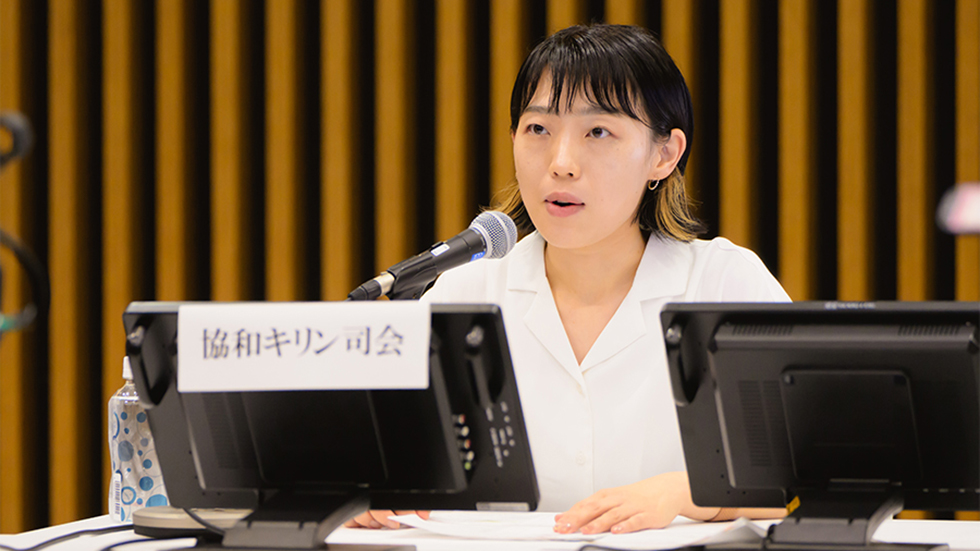
Patients and related-donors shared their profound emotional experiences, leaving a lasting impression on the employees of the participating companies.
“I didn't have any symptoms, so I was hesitant to use anticancer drugs.”
“I was worried that the treatment would affect my fertility, but it was necessary to extend my life.”
“Taking so many medications while feeling nauseous is painful.”
“When we learned that my sister had leukemia, the entire family cried. Before we knew the results of the blood test, I decided I would be a donor if I matched. Today marks 23 years since the transplant, and my sister is still alive.”
Researchers from the pharmaceutical companies also shared their thoughts from the roundtable discussions held earlier, in July and August. They expressed the following:
“Instead of focusing solely on the disease, I have come to understand the importance of recognizing that each patient is unique and that we must address their individual unmet needs.”
“Rather than simply saying, ‘I’m glad you were cured of your childhood cancer,’ I’ve learned that many patients face various long-term effects for many years after their treatment.”
“Our mission is to contribute through medicine. I want to devote myself to drug discovery research while taking into consideration inconveniences that drugs can help alleviate.”
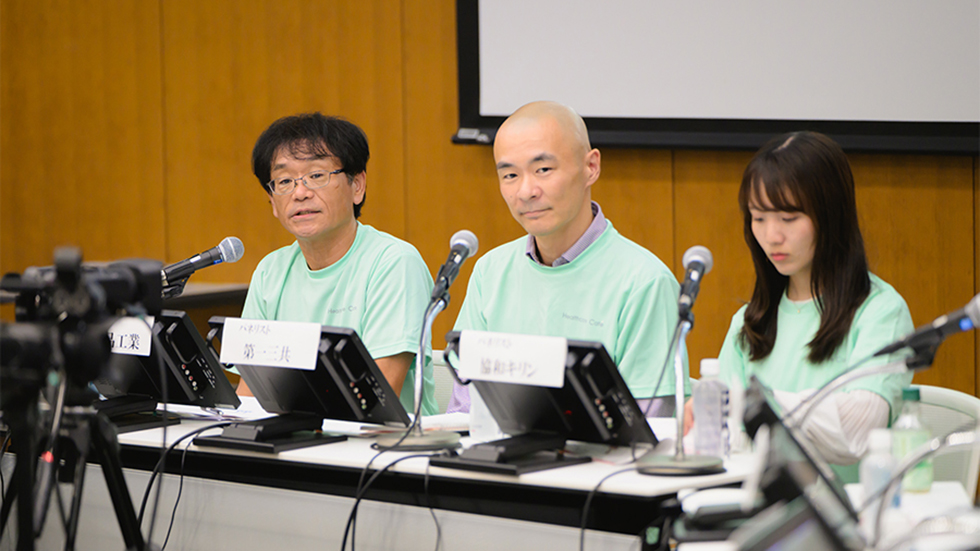
Finally, the Q&A session began, allowing the audience and online participants to ask a wide range of questions. Some inquiries included, “How did you obtain accurate information as a patient?” and “I didn't realize that support was still necessary after transplantation. What would you like companies and the government to do?” The panelists responded thoughtfully and carefully.
We appreciate the patients and their families for their honest feedback.
We are committed to applying this knowledge in future drug discovery.
As the event neared the end, the doctor and coordinator of hematopoietic cell transplants discussed the significance of improving patients’ lives and their expectations regarding the development of medications before and after transplantation.
Based on recent medical advancements, Hashimoto-san from Tsubasa NPO shared her hopes for the future.
“Various issues were discussed at today's event. We have all collaborated in this field to address these challenges. While we have made progress in combating long-term illnesses, new hardships in daily life have emerged. I believe that if we work together with pharmaceutical companies and the government to tackle these issues, we can contribute enhancing Japan's medical culture.”
Patients and families who participated in the roundtable discussion shared the following remarks:
“I learned that it takes decades to develop a single drug.”
“I realized that we’re supported by the perseverance of researchers that make drug development possible.”

This Healthcare Café offered a valuable opportunity for all participants as an initial step in developing drugs that significantly benefit patients, their families, and society.
In the end, moderator Keigo Nishii stated, “Sharing personal experiences can sometimes make you feel vulnerable and requires great courage. By genuinely reflecting on these important experiences and feedback, we have reaffirmed our commitment to conducting drug discovery research that prioritizes the needs of patients and their families.” He then encouraged everyone to use the insights from the day’s event to create meaningful value. Going forward, each company will apply this crucial experience to our research and development efforts.
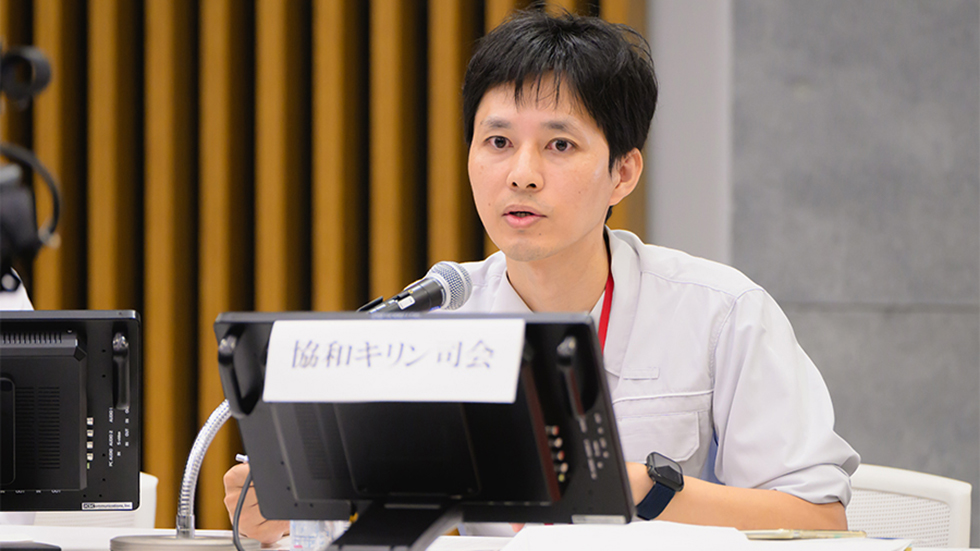
Part two of the report will feature an interview with Keigo Nishii and Yumi Sakaida, who were instrumental in the planning and managing of this Healthcare Café. We will delve into their experiences and reflections on volunteerin g for the initiative and what they’ve learned now that the series of events has concluded.
The activities mentioned in the article were conducted in Japan under the relevant laws and regulations of Japan.
